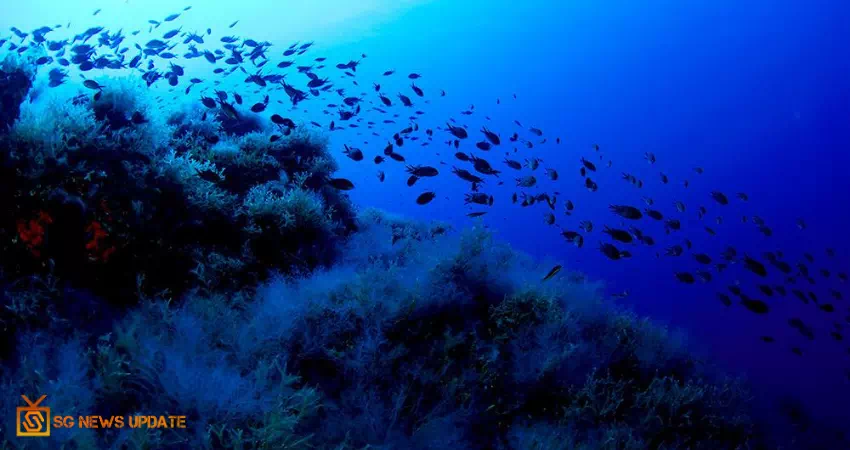
Researchers have discovered 12 new types of ocean animals in the Atlantic that had not been known to science previously. The discoveries are a consequence of a five-year-long undersea venture that elaborate 45 examination undertakings completed by more than 80 researchers from across 13 nations.
The mission of the ATLAS project was to study the North Atlantic, including its water, the ocean bottom, flows and most especially the animals that live there.
A large portion of the exploration was led utilizing submerged robots. Notwithstanding the 12 new species the group discovered, they additionally found 35 species living in territories where they were not recently known to live. Among these were another sort of coral and a sedentary creature that took after greenery.
Scientists state the ocean moss, molluscs and corals have recently gone undetected on the grounds that such an extensive amount of the ocean bottom still can't seem to be investigated. The species lives 400 meters underneath the surface of the sea on dark corals. The group from the EU-funded Atlas Project additionally said that it discovered many species in regions where they were beforehand not known to exist. In any case, the new revelations may effectively be under danger from environmental change.
As more carbon dioxide is consumed by the planet's seas - the waters become more acidic, threatening the species living spaces.
University of Edinburgh Professor Murray Roberts, who drove the project, disclosed that these animals are related with deep-water corals and furthermore with sponge grounds. These are critically basic environments in the profound sea. "They are the urban areas of the remote ocean. These spots are truly significant. Also, as we see the seas getting hotter, more acidic and in certain spots losing oxygen that is essential to life, these spots are at the front line of these changes."
Educator Roberts said it is fundamental that these natural surroundings are ensured.
Coming Soon...!
Comments (0)